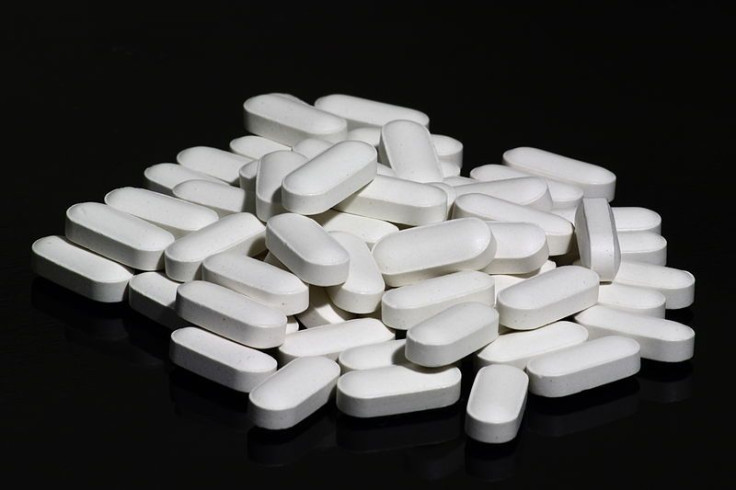Do We Really Need Calcium Supplements?

Calcium is vital for optimal bone health throughout our lives and to ward off the risk of weak bones or osteoporosis. However, our bodies can't produce calcium on their own, hence this key mineral must be obtained through diet and, if the need arises, from calcium supplements.
Also important in maintaining our strong, healthy bones and healthy bone density is vitamin D, also called "the sunshine vitamin" because it's produced in our skin in response to sunlight. Vitamin D assists the absorption and utilization of calcium. It's a fat-soluble vitamin and includes vitamins D1, D2 and D3.
Doctors are of the opinion that if you're a healthy adult exposed to the sun daily, there's hardly a need to take calcium or vitamin D supplements. Even if you're being treated for osteoporosis, taking extra calcium isn't absolutely necessary.
We don't need to take high doses of Vitamin D at all. One medical study found that frail nursing home residents suffered fewer fractures if they took a low daily dose of vitamin D, ranging from 400 to 800 international units (IU). This amount is about half the daily dose recommended by supplement makers in their labels.
Few foods naturally contain small amounts of vitamin D. These foods include canned salmon with bones and egg yolks. We can also get vitamin D from fortified foods. The RDA for vitamin D is 600 IU or 15 micrograms a day for most adults.
Be warned that too much calcium can cause constipation, bloating, kidney stones and might even increase the risk of a heart attack. But we do need to build up adequate stores of calcium in our bones to maintain our skeletal strength as we get older.
Apart from needing calcium to build and maintain strong bones, our bodies need calcium for our heart, muscles and nerves to function properly. According to Mayo Clinic, some studies suggest calcium and with vitamin D might perhaps protect against cancer, diabetes and high blood pressure. Evidence to back these claims up aren't definitive, however.
What is vital is that we don't get too little calcium, as per Mayo Clinic. A calcium deficit might trigger health problems related to weak bones. Children might not reach their full potential adult height. Adults could be impaired by low bone mass, which is a risk factor for osteoporosis.
Mayo Clinic found many Americans don't get enough calcium in their diets. Children and adolescents are at risk, and so are adults age 50 and older.
Calcium can be found in a variety of foods such as dairy products (cheese, milk and yogurt), dark-green leafy vegetables (broccoli and kale) and fish with edible soft bones (sardines and canned salmon). Also available are calcium-fortified foods and beverages such as cereal, fruit juices and milk substitutes.
Published by Medicaldaily.com



























